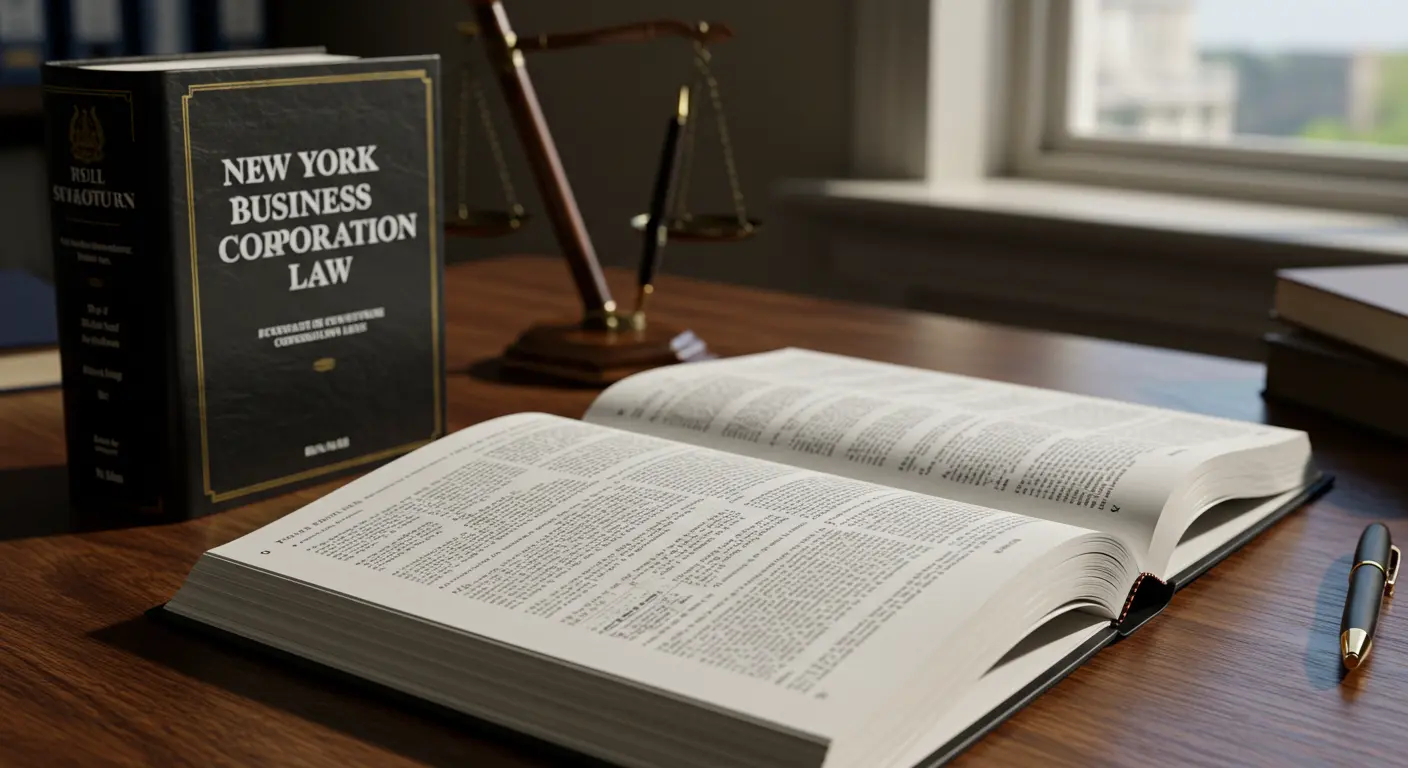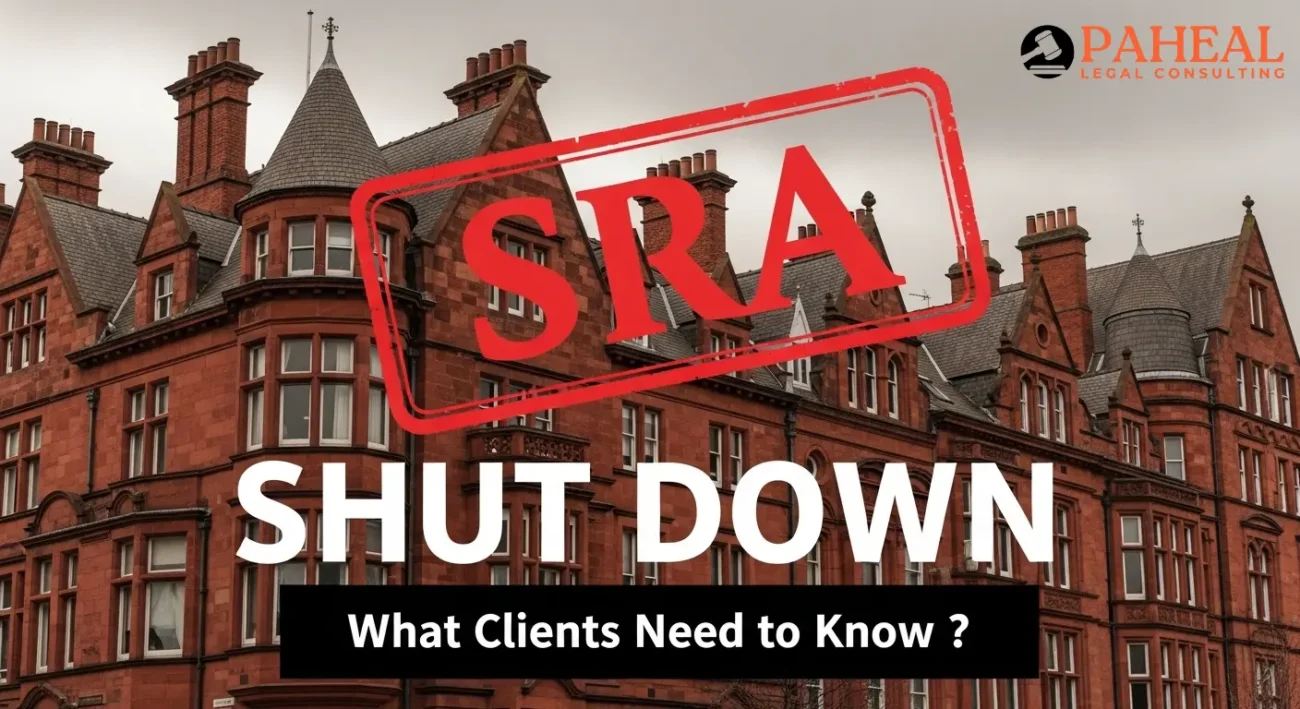
The New York Business Corporate Law (BCL) is a set of statutes that govern the formation, operation, and dissolution of business corporate in the state of New York. As one of the most significant commercial hubs in the world, New York's corporate laws play a crucial role in shaping the business landscape. This case study aims to provide an in-depth analysis of the New York BCL, its key provisions, and implications for businesses.
Formation of a Corporate
Under the BCL, a corporate can be formed by one or more incorporators, who must file a Certificate of corporate with the New York Department of State. The Certificate must include essential information about the corporate, such as its name, purpose, and authorized capital stock. (Section 402)
Corporate Governance
The BCL outlines the framework for corporate governance, including the roles and responsibilities of directors, officers, and shareholders. Directors are responsible for managing the corporate affairs, while officers are responsible for the day-to-day operations. Shareholders have the right to elect directors, approve major corporate actions, and receive dividends. (Sections 701-710)
Capital Structure
The BCL governs the capital structure of New York corporate, including the issuance of stock, payment of dividends, and repurchase of shares. Corporate can issue different classes of stock, including common and preferred stock, with varying rights and privileges. (Sections 501-514)
Mergers and Acquisitions
The BCL provides procedures for mergers, consolidations, and sales of assets, including the requirements for shareholder approval and notice to dissenting shareholders. Corporate can also engage in triangular mergers and other complex transactions. (Sections 901-913)
Dissolution
The BCL outlines the procedures for voluntary and involuntary dissolution of a corporate, including the grounds for dissolution, notice requirements, and distribution of assets. (Sections 1001-1118)
Case Study: Application of the BCL
To illustrate the application of the BCL, let's consider a hypothetical scenario:
XYZ Inc., a New York corporate, is a technology startup with three shareholders: A, B, and C. The shareholders want to merge with a larger company, ABC Corp. The merger agreement requires a two-thirds majority vote of the shareholders. Shareholder A objects to the merger and demands appraisal rights.
Under Section 910 of the BCL, XYZ Inc. must provide notice to all shareholders of the merger and the shareholder meeting to approve the merger. Shareholders A, B, and C will vote on the merger, and if the merger is approved, Shareholder A can exercise appraisal rights and receive fair value for their shares.
References
- New York Business Corporate Law (BCL)
- Section 402: Certificate of corporate.
- Sections 701-710: Corporate Governance
- Sections 501-514: Capital Structure
- Sections 901-913: Mergers and Acquisitions
- Sections 1001-1118: Dissolution
New York Business Corporate Law FAQ
A New York corporate must have at least one director. However, the Certificate of corporate or the By-laws can specify a greater number of directors. (Section 702).
To incorporate a business in New York, you need to file a Certificate of Incorporation with the New York Department of State, pay the filing fee, obtain necessary licenses and permits, create By-laws, and appoint directors and officers.
New York corporate must maintain records, including minutes of shareholder and director meetings, shareholder and director lists, financial statements, and records of corporate actions, at the corporation's principal office or other designated location. (Section 624).
You can search the New York Department of State's database to check if a business is registered in New York by searching by business name or entity ID.
To dissolve a New York LLC, you need to file Articles of Dissolution with the New York Department of State, pay the filing fee, notify creditors and stakeholders, wind up the LLC's business, distribute assets, and obtain tax clearance.
To serve a corporate in New York, you can serve the corporation's registered agent, an officer or director, or the Secretary of State as agent for service of process, following the CPLR and BCL requirements. (Section 306).
Need more help?
Call, email or chat a member of the Answer Connect team today!
Herbert Smith Freehills Kramer Global Law Firm
-
Posted by
 admin
admin
- 0 comments
Best Los Angeles Motorcycle Accident Lawyer
-
Posted by
 admin
admin
- 0 comments
Chat with a LiveHelp Operator now!
Need help finding what you need?
Chat with a live operator Monday to Friday, 9 AM to 5 PM (NY Time).
Please note that LiveHelp is unavailable on most holidays. Before chatting, review our privacy policy for more information.




